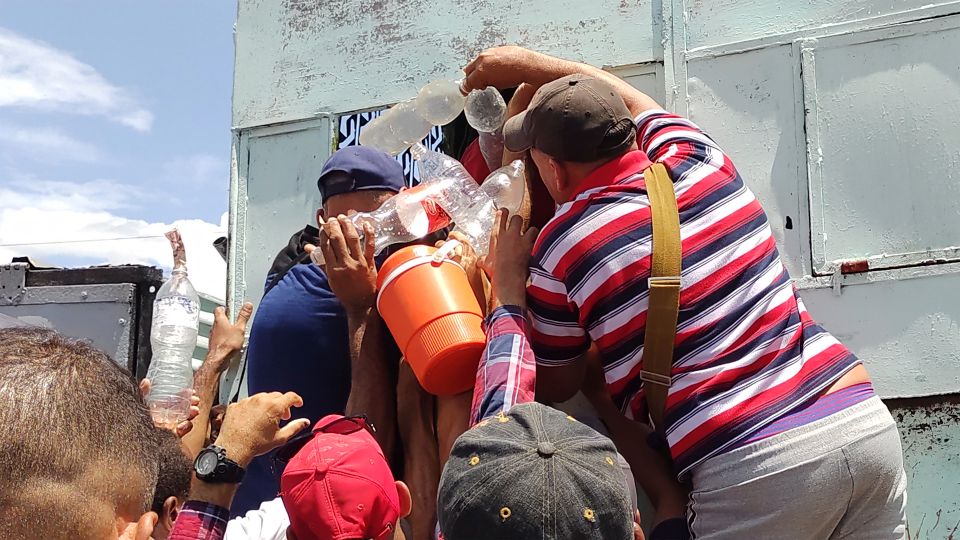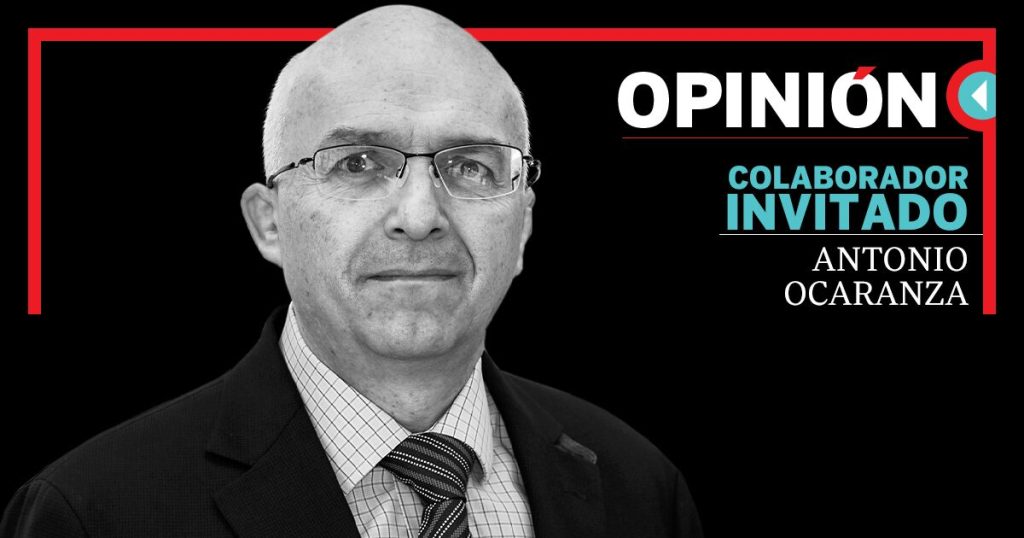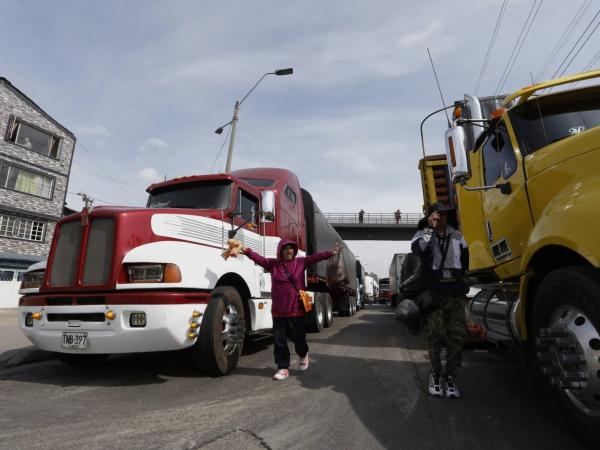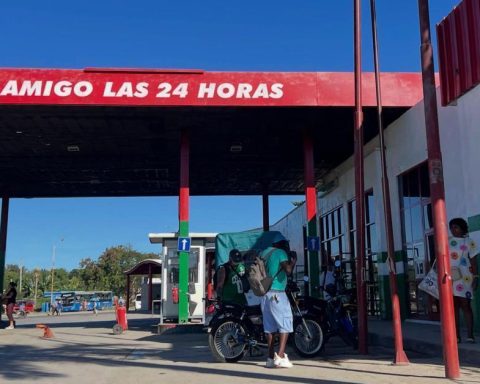HOLGUÍN, Cuba – “I wouldn’t go to Carnival even if they had put it in front of my house. Things are very bad, there is a lot of violence and robberies. You are no longer safe even in your own home and much less are you safe at those so-called parties where there is a lot of violence. I prefer to be quiet and away from the chaos,” said Francisco Ventura, a 61-year-old man who chose to stay away from the celebrations that began on August 29 and ended last Sunday.
The event, presented by the Government as an opportunity for recreation and the community celebration, was marred by a host of problems that have left many citizens questioning the true purpose of these festivities.
This year’s celebration revealed deep dissatisfaction among Holguin residents. Disillusionment was widespread with the transformation of the festivities into an event marked by insecurity and economic exclusion, raising questions about the true purpose and viability of such celebrations in the current crisis.
Regarding the decline of these celebrations, Rufina Granados said: “That was before when there were real carnivals, but now they are parties that the Government throws at people and they are not worth it, no way.”
Granados, who fondly remembers the carnivals of his youth, feels that the current festivities are nothing more than a facade to divert attention from the problems that plague Cuban society. The lack of authenticity in the celebrations has diminished the appeal of these events.
At 76 years old, Gloria Soto also decided to stay away from the current carnivals. “Now I don’t go to carnivals, I already had fun in my time. But I don’t go either because the parties of today are just ‘taking’ alcoholic beverages”.
Soto yearns for the carnivals of yesteryear, when there were a variety of entertainment options beyond alcohol consumption. “I remember that before there were costume parties and other options. Now the only fun is getting drunk because there are no other options.”
Maria Laura Santos, 81, shared a similar opinion. “When I was young I went to all the parties, but I no longer wanted to go out. Before there were carnivals, you saw the parades of floats, but all that is over now.”
Santos regretted that carnivals, once full of life and colour, have been reduced to a mere display of excessive alcohol consumption. The cultural essence and authentic enjoyment have been displaced by a celebration that she considered more harmful than festive, healthy and cultural.
On precautions and care in unsafe environments

Leonides Rosales, a resident of the Palomo neighborhood, also distanced himself from the festivities. “No, no, I didn’t go out to the carnivals, that’s a problem.” His decision to avoid them is not a question of disdain for fun, but a precautionary measure in the face of the violence that often accompanies these celebrations. For Rosales, the risk of facing altercations and conflicts instead of enjoying a genuine party has led many to opt for the tranquility of home.
Concerns about security have been heightened by violent incidents during the festivities. Adela Céspedes, 65, did not hesitate to call them a disaster. “I wouldn’t go to that mess even if I was dead.”
Céspedes recounted the murder of a man in the Peralta neighborhood during the first day of the festivities. “They stabbed him to steal his wallet and left him lying there, that was the day the carnivals began.”
Pastor García, a resident of the Peralta neighborhood, lamented the tragedy. “A man entered the house and they stole his bag, stabbed him several times and killed him.”
The criminal act was confirmed by the official profile Facebook page Cazador-Cazado, who also reported the arrest of three alleged murderers.
Accounts of violence and criminality contributed to a grim image of the festivities and fueled skepticism.
Luis Fernando Sánchez expressed his concern about theft and domestic insecurity. “Things are in turmoil, they can kill you for something silly. If you go to carnival and leave the house alone, they can come in and steal.” The constant threat of being robbed while away from home is a factor that discouraged many from participating.
The justification of violence during these celebrations as an inevitable tradition is another topic of debate. Manuel Jaramillo mentioned that violence has been present during celebrations associated with alcohol consumption. “There are always two or three punches, it has always been like that.”
Little supply and exorbitant prices

A manifestation of savagery were the scenes of disorder to acquire beer in bulk. “You had to shout, push, climb, you had to be a ninja to buy beer,” says sarcastically René Rosales who did not understand the shortage of beer in Holguín. the largest factory in Cuba of the demanded product.
Insecurity was not the only problem that affected, the high cost of the offers available during the celebrations also generated discontent among the people of Holguín.
Lázaro Oramas highlighted the disparity between the cost of the products and services offered and the average salary of citizens. “Some 150 pesos for a glass of beer was too expensive for an average monthly salary of just over 4,000 pesos.”
Oramas said he and a friend spent 300 pesos on two beers, and complained about the unpopular prices of other products, such as pork bites between 250 and 300 pesos. “It was a big round bread, but with little meat inside,” he said dismissively.

Felix Ernesto Ochoa also commented About prices“In the area of Plaza Camilo Cienfuegos, the entrance fee was 30 pesos per person, a liter and a half of beer was 100 pesos, and the public bathroom was five pesos. In one moment, a friend and I spent more than 2,000 pesos.”
Melanio Estrada, for his part, criticized the lack of competition in the food sector, which allowed private vendors to set exorbitant prices. “A plate of food cost 200 pesos, a bite of roasted suckling pig was between 500 and 600, fried fish 400. With those prices, a simple worker could not enjoy these festivals.”
The economic and social crisis affecting Cuba added an additional level of surprise and skepticism towards the celebration of these festivities. José Miguel Reyes wondered how it was possible that these festivities were celebrated in the midst of such a deep crisis. “This is so bad, I thought they weren’t going to have a carnival.”

















